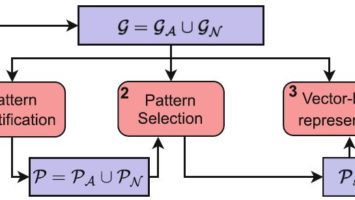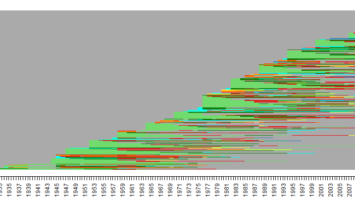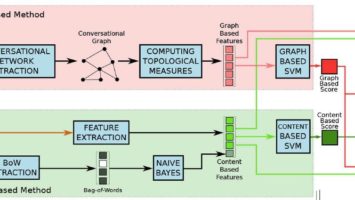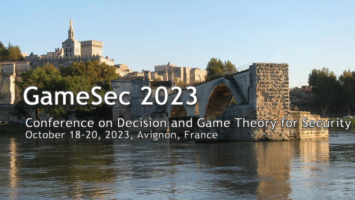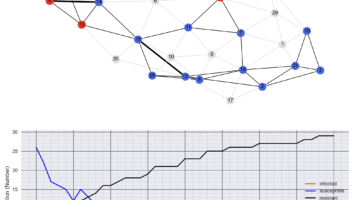Master Internship: Impact of regional aggregation on energy scheduling flexibility performances
Context: Large scale problems exist for the electricity system both for short-term (e.g., the Unit Commitment problem) and long-term (system planning, e.g. ”Generation Expansion Planning”). In these problems concerning the modern and future electricity system, the question of the integration of energy consumption flexibility is crucial. This flexibility, consisting in “optimally” scheduling the power profile of particular electrical appliances (the most common and suitable ones for that purpose being Electric Vehicles (EV) and Water-Heaters (WH) for residential consumers), allows obtaining a supply-demand equilibrium with diminished total system cost, in comparison to the case where only production assets are controllable. Considering flexibilities related to “small” individual con- sumers (again, EV or WH), their very large number makes it inappropriate to model them individually in the typical electricity system optimization problems, for tractability reasons: it thus seems relevant to consider an aggregate model of consumption flexibilities. In turn, the question of the “right level” of aggregation modelling is of particular importance. Aggregation/disaggregation techniques are widely studied in the context of smart grids. Objective: More precisely, the objective of this internship is to study, on a simple example, the impact of aggregation techniques and aggregation levels, and to solve an optimal energy scheduling Plus d'infos


